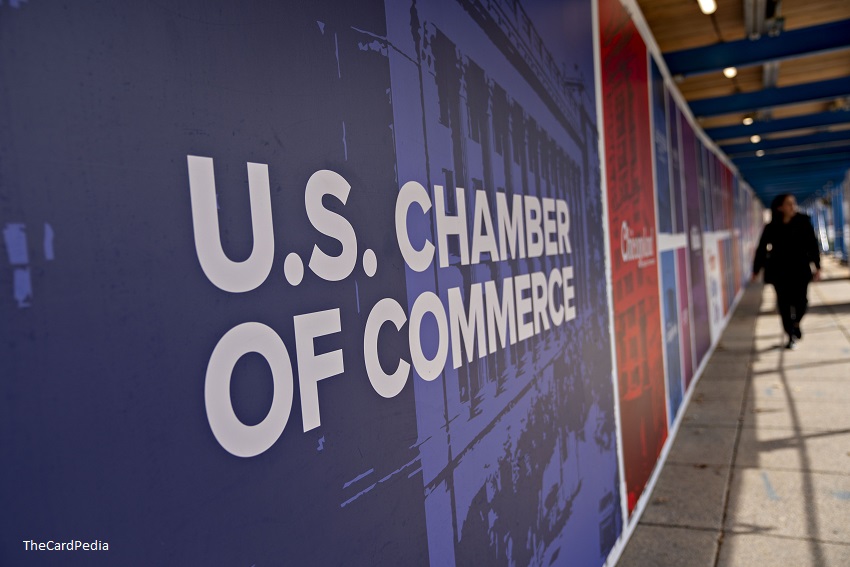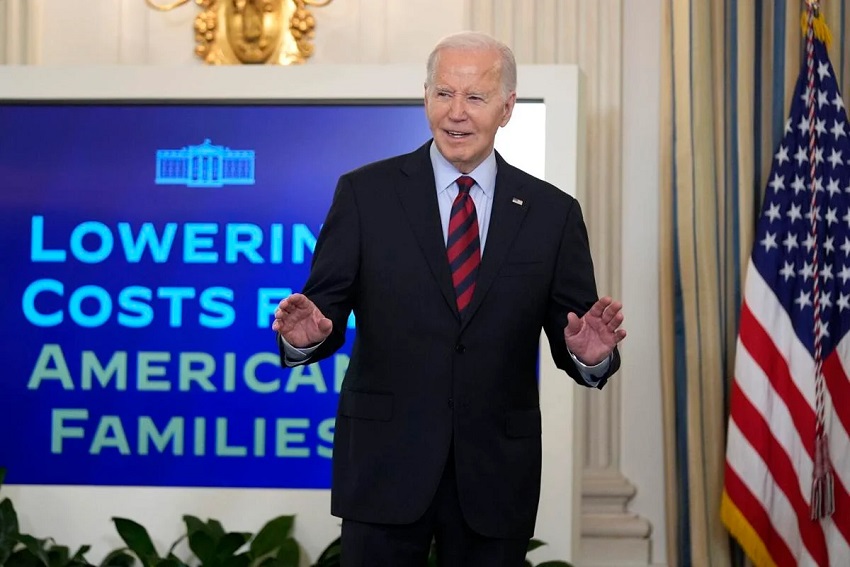Credit Card Late Fee: The U.S. Chamber of Commerce is taking legal action against the Consumer Financial Protection Bureau (CFPB) by filing a lawsuit in the Northern District of Texas. The Chamber is suing to block the CFPB from implementing a rule that they believe penalizes responsible credit card users who pay their bills on time.
The core argument of the Chamber’s lawsuit is that the CFPB has overstepped its authority. The Chamber argues that the CFPB not only exceeded its legal power by setting a limit on credit card late fees but also did so by using undisclosed data collected for a different purpose.
Neil Bradley, a key spokesperson for the Chamber, emphasized the negative consequences of the CFPB’s actions on American consumers. He stated that most credit card users understand the importance of paying their bills on time and the associated late fees. He added that a variety of credit card options are available to suit different needs.
The Chamber’s concerns go beyond just financial inconvenience. They argue that by significantly reducing late fees, the CFPB is not only discouraging responsible credit card use but also forcing higher costs onto all consumers. This, according to the Chamber, will limit the choices and benefits available in credit card options.
The lawsuit also highlights the potential unintended consequences of the CFPB’s rule. The Chamber points out that the CFPB’s analysis suggests that the reduced late fees may be passed on to all cardholders, regardless of their payment history. This, they argue, is an abuse of the CFPB’s power.
The U.S. Chamber of Commerce sues to block a CFPB rule limiting credit card late fees, arguing it hurts responsible payers and reduces consumer choice. The Chamber claims the rule is illegal and unfairly raises costs for all cardholders.
The U.S. Chamber and its co-plaintiffs specifically accuse the CFPB of violating three key laws:
- The Credit Card Accountability Responsibility and Disclosure Act (CARD Act) of 2009: The lawsuit argues that the rule prevents credit card companies from collecting reasonable late fees from cardholders who don’t pay their bills on time.
- The Administrative Procedure Act (APA): The lawsuit claims that the CFPB’s rule is arbitrary and capricious because it relies on undisclosed data collected from large banks for a different purpose and by a different agency.
- The Appropriations Clause of the U.S. Constitution: The lawsuit contends that the process of creating the rule violated the Constitution by using improper funding sources.
In conclusion, the U.S. Chamber of Commerce’s lawsuit aims to protect responsible credit card users and ensure they continue to have access to a variety of financial products offered by the nation’s institutions.
📢 Check out: Biden Administration Caps Credit Card Late Fees at $8, Providing Relief to Consumers
At TheCardPedia.com, we’re your trusted guide to mastering credit cards. Explore expert insights, trends, and tips to make savvy financial choices. Start your journey to financial empowerment now!



















